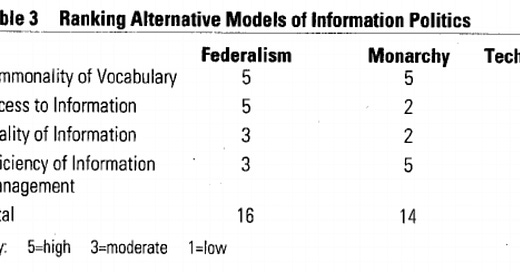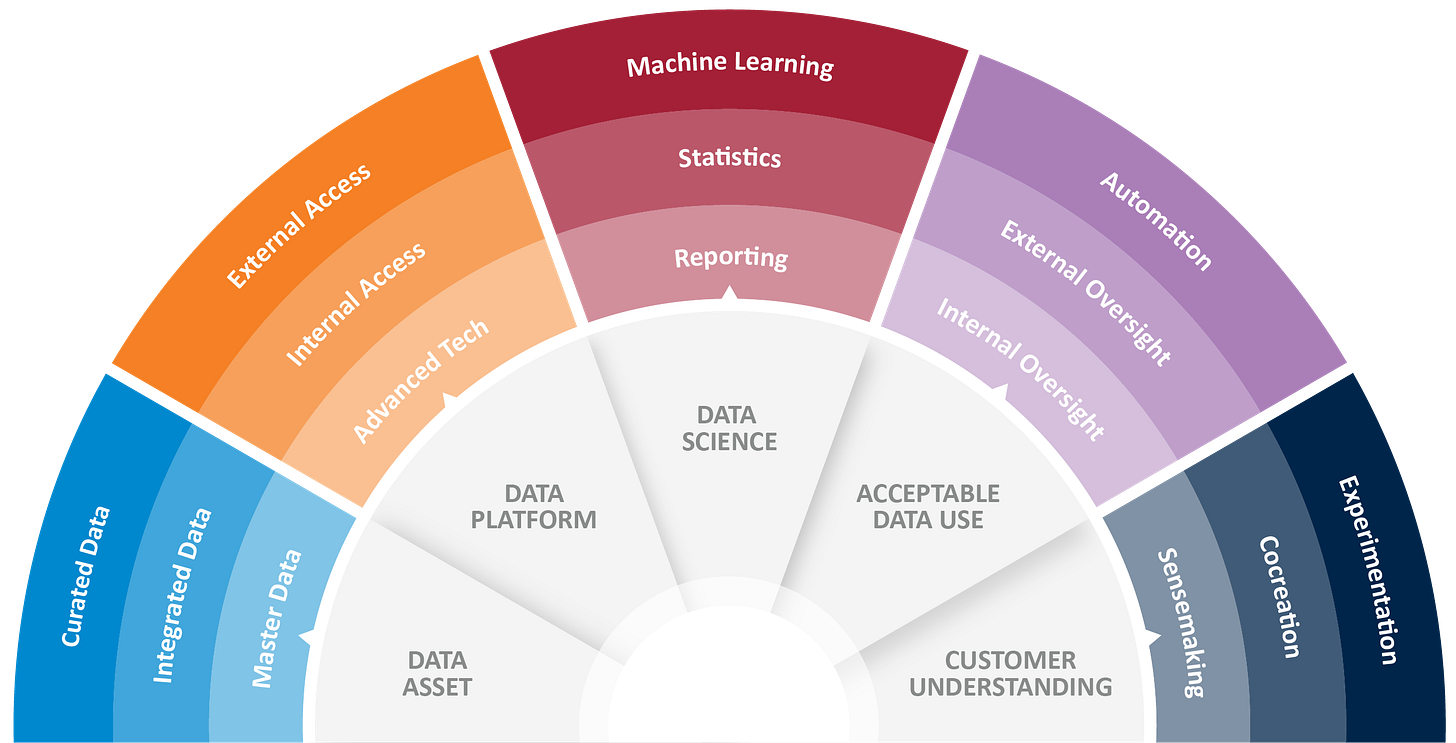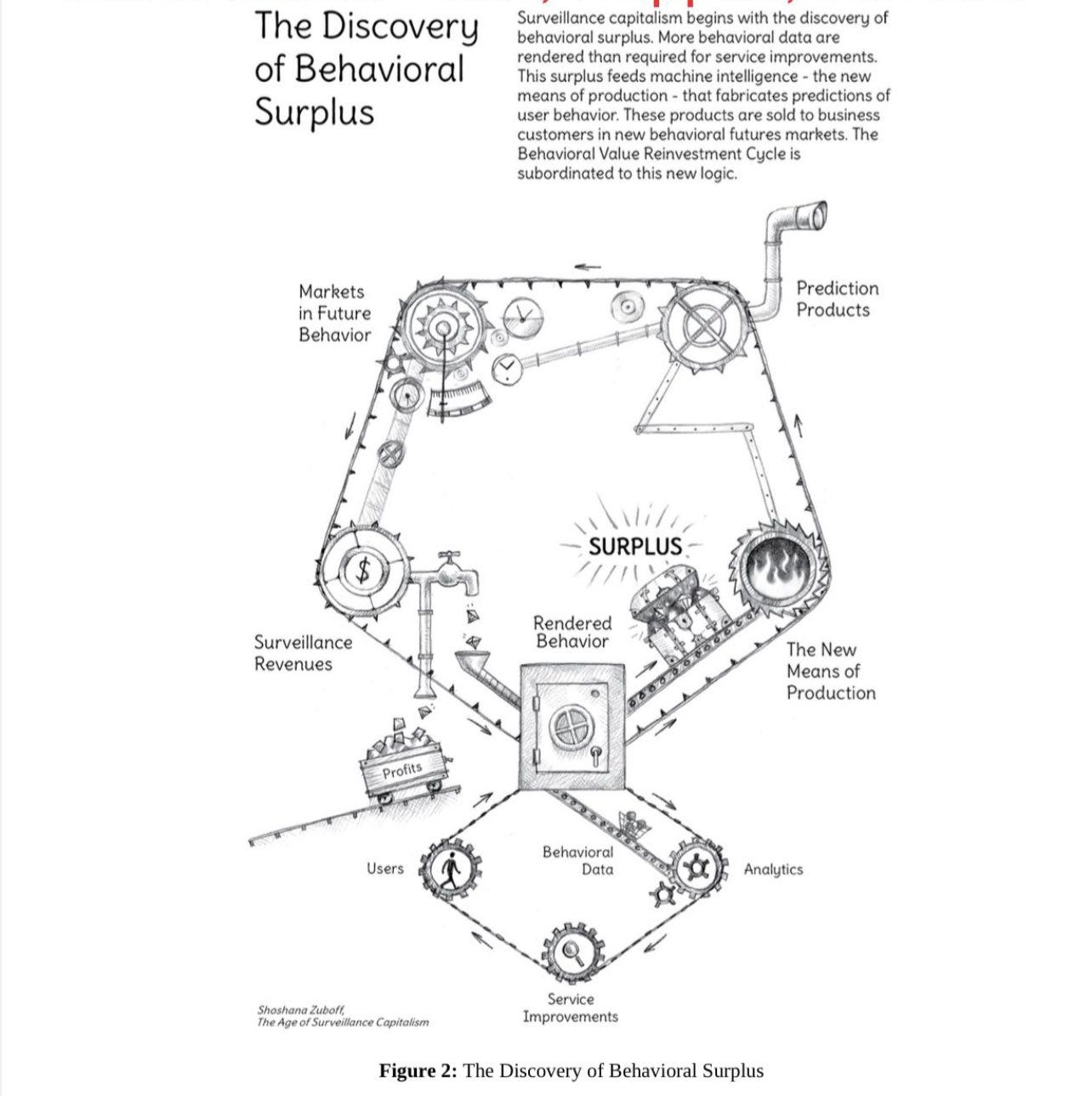Thanks to an invite from the co-founder of a data intelligence unicorn, I attended my first in-person conference since COVID-19!
It was an interesting experience, cross-pollinating different and related subjects in only a few hours.
Data Governance
As context, my first extensive consulting gig was a months-long engagement in Houston. I was part of the then-Accenture Information Management Services division. An Accenture partner had just co-written the foundational “Competing on Analytics”. Published in 2007, the book unleashed a worldwide movement in companies wanting to use their data for competitive advantage. This led to consulting spend and increased technology budgets, such as a multi-year, multi-million dollar engagement to redefine a global supply chain & trading platform. With my partner in crime Ron, a grizzled industry veteran who had credibility with IT departments on-site at refineries, we carefully stewarded a spreadsheet with a tab for operations around the world. Considering its humble reference data roots, this Excel spreadsheet punched above its weight. It was the master record defining how people from Mars and Venus understood words. In this case, the words represented how blends of dinosaur juice from all over the world were split and / or combined.
The spreadsheet was a work-in-progress and also the source of truth.
It was my first time practicing data governance.
Data Person
I met the founder Stan when I represented a large client user of his data management platform. He graciously reached out, pegging me as a data person who was in town and might be interested in attending the annual Data Citizens conference. My career evolved from non-profit to research to consulting to managing projects, programs, and product teams. My jump to research was driven by an interest in using (weaponizing?) data to underpin activism and awareness.
It had been a long time since anyone referred to me as a data person. This was a conference full of passionate data citizens. This type of person has been around as long as the relational database.
“Competing on Analytics” was co-written by Thomas Davenport. Davenport co-authored a 1992 white-paper which ranked models of “information politics” by a set of four criteria.
The first criteria is commonality of vocabulary, referring to a set of terms, categories, and elements which carry the same meaning.
Data people spend a lot of time and energy aligning “ontology”, or a controlled vocabulary of jargon.
Sales is from Mars and Operations is from Venus.
Organizational Change Management
I walked into the conference with a pre-existing belief that change management was at least 40% of my own product management success.
Heads of data governance for AT&T and JLL, a telecommunications and commercial real estate giant, respectively, spoke about their personal experience in organizational change management.
AT&T incubated a start-up with incentives to “do the right thing”.
JLL had to face teams with an active dislike for each other before engaging in ontological reference data discussions.
The nature of large organizations already operating at scale is that managers end up patterning their behavior after beavers. A river of money flows through any given corporation. Managerial incentive is to create dams which cause budgets and headcount to pool. The prospect of change can mean pulling on a twig and risking the whole damn dam floats away.
I think named C-suite executives are given 36 months to make the most of their dam and pool.
Near the end of their time, the guy from AT&T said he just tried to continuously repeat the vision and values and “hope it sticks.”
Agreeing with the sentiment, the JLL guy quipped: “It’s kind of like parenting.”
I think rewriting the software between people’s ears is harder than the strategy stuff.
Data Mesh Mash
Ambitiously, Accenture held a workshop to tie together data mesh solutions and the concept of publishing data products.
Unlike the rest of the participants, I’d just left the talk on organizational change management. That was a warm fuzzy feeling.
Here, I could tell some participants had a hitch in their thinking. The facilitators grappled with a chilly reception, as the group tried to contemplate the needs of…their data consumers.
“Soft is hard, hard is soft.”
- Tom Peters
Pulling off a design-thinking workshop for data people in 35 minutes was a tough ask.
Improve-Wrap-Sell
At the keynote event, Barbara Wixom, a principal research scientist at the MIT Center for Information Systems Research spoke about a range of data monetization capabilities.
Organizations can use their data to:
improve operational efficiencies
license data sources for sale
wrap data to create seamless experiences which delight, say, telecommunications or commercial real estate customers
Information Services Product Management
Due to its roots in relational databases, many data governance initiatives begin from the left, with the strong technical conviction that data is an asset.
Starting with an understanding of the user and problem statement (from right to left) Wixom’s graphic could be recast as Information Product, Information Governance, Analytics, IT, and Data Engineering.
Data citizens who don’t follow this path may struggle with:
ineffective change and poorly coordinated or understood decisions
Garbage-in-Garbage-Out
a messy manifestation of the vision, especially if the jargon isn’t aligned (what do words mean, again?)
Conclusion
As in-person conferences go, this one was serendipitous and revealing. As a data citizen I’m plugged into various systems which optimize for “behavioral surplus.”
It’s a system which inherently views data - in this case, behavioral data - as an asset.
To echo Tom Peters, data citizen-leaders should practice extreme humanism and learn to care about users - and their organizations - as humans.
In the federated school of information politics, data is an asset when it starts with a vision for a human-centric approach.
Data governance is a sense-making mission to understand an ecosystem (e.g. telecommunications or commercial real estate): inspiring joy or preventing harm.







